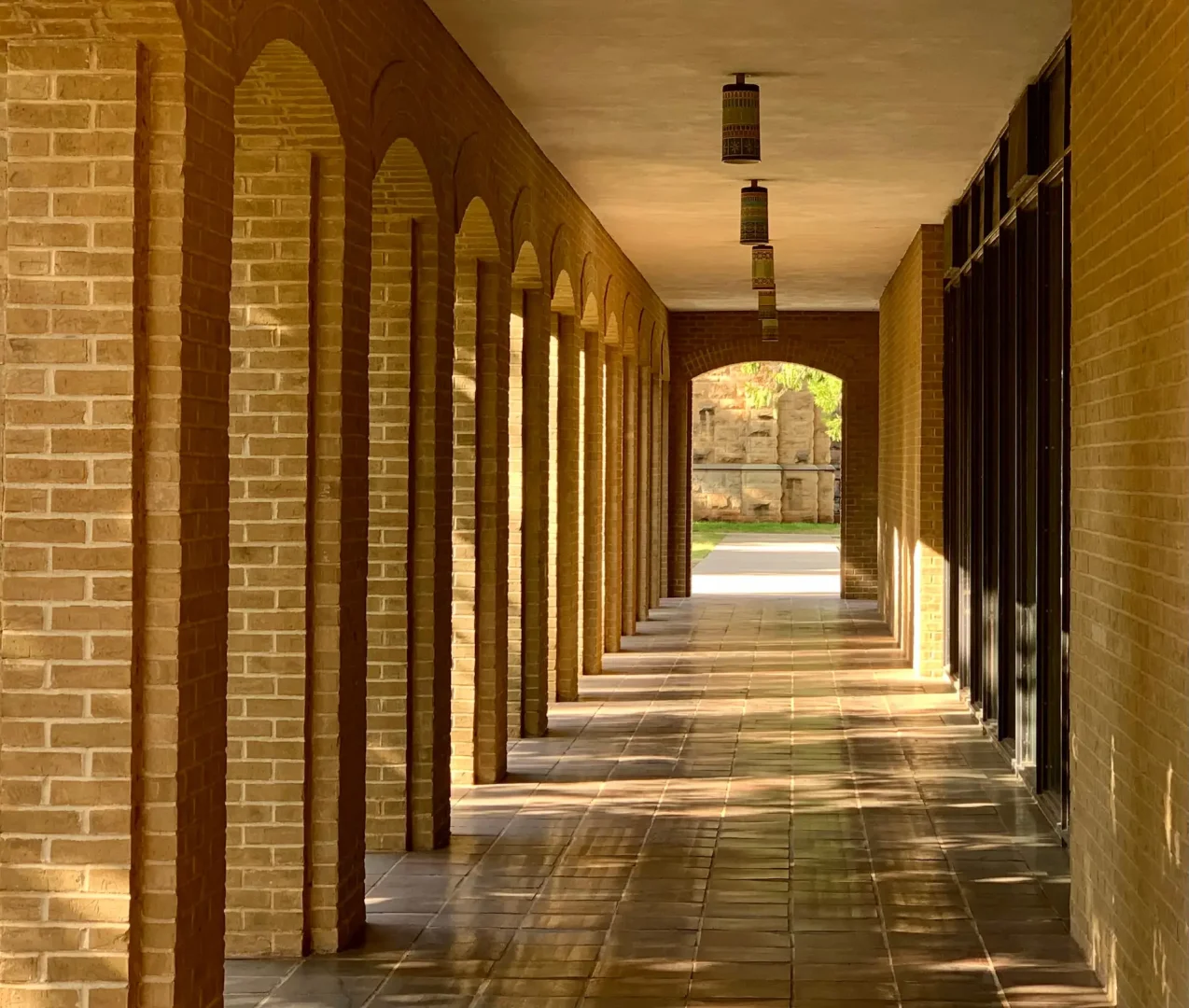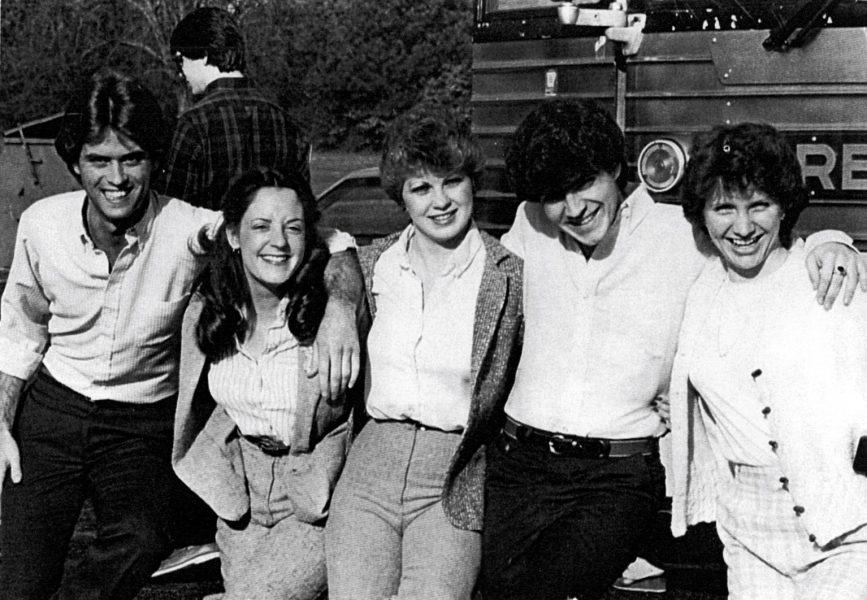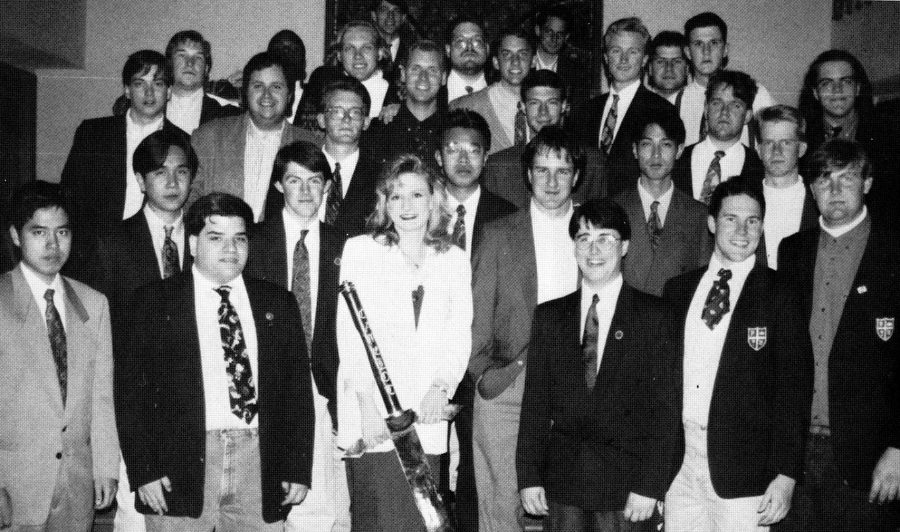A Distinctive Beginning
Phillips University, founded in 1907 under the name Oklahoma Christian University by Dr. Ely Vaughn Zollars in Enid, Oklahoma, provided a high-quality, private education to thousands of students from around the world for over 90 years.
The Phillips University experience was distinctive, centering around the four Pillars: spiritual, intellectual, physical development, and social interaction and growth. Phillips University offered a climate of inquiry where students, alongside their peers, could grow, mature, and become responsible young adults, capable of making their own decisions.
Classroom and Campus Life
The University believed in stimulating students through scholarly faculty both in the classroom and in the informal fellowship of campus life, encouraging them to explore the fascinating world of ideas and gain insight into the rewards of intellectual curiosity.
The aim of Phillips University was to enable students to acquire knowledge, develop judgment, and make decisions essential to a constructive, fruitful life. Kirby Hughes Gould (’83) described the Phillips University experience as transformative, highlighting its role in shaping individuals who pursued various professions and served diverse communities.
A Time of Transitions
Many private liberal arts colleges and universities have faced significant financial struggles due to declining enrollment, pressure from low-cost state institutions, and inadequate financial support. Phillips University was no exception. Upon closing in 1998, the University settled all of its debts, strengthened relationships with Phillips Theological Seminary, and invested its remaining assets in its educational mission.
Honoring Legacies through Leadership
Through the establishment of the Phillips University Legacy Foundation, the university’s legacy lives on by providing scholarships and leadership development for new generations of students. Today, the Legacy Foundation partners with its fellow organizations, the Phillips University Alumni and Friends Association and Phillips Theological Seminary, as well as with alumni, to carry on the institution’s legacy.





